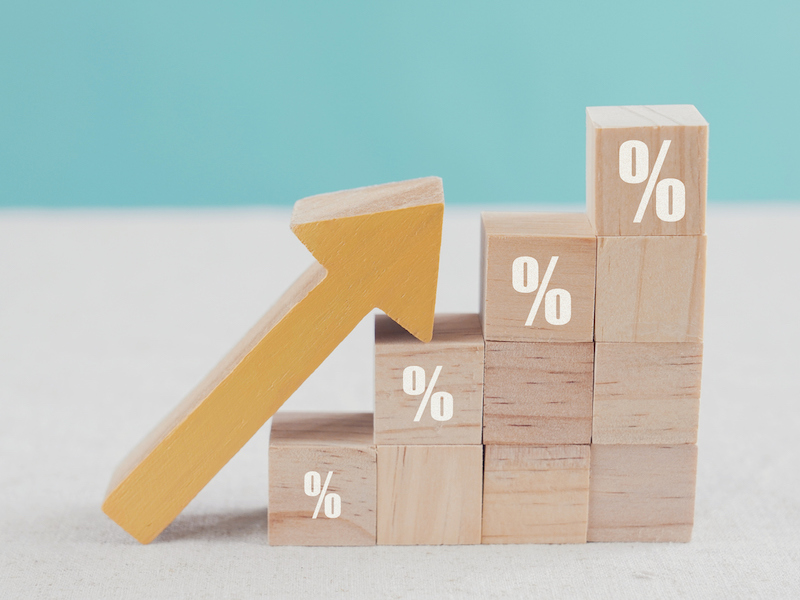
Despite its name, the recently passed U.S. Inflation Reduction Act of 2022 won’t do much to curb inflation, says Moody’s Investors Service, but it will have far-reaching effects on the economy.
In a new report, the rating agency said it expects the bill to generate medium and long-term economic benefits through improved investment and productivity, but said it’s unlikely to directly impact high inflation.
The legislation includes investments in energy security, climate resilience and health care, along with changes in drug pricing and taxes that will have diverse sector impacts, the report said.
For instance, the bill’s climate-related provisions “will support the decarbonization plans of utilities and auto manufacturers and reduce carbon transition risks for companies in these sectors,” Moody’s said.
At the same time, changes to health-care policy will be a positive for health insurers but may be a negative for drug companies, as drug prices are likely to come under pressure in the medium and long term, it noted.
Tax reforms, including a 15% alternative minimum tax for corporations with over US$1 billion in profits, will also impact various sectors, it said.
“Industries with significant differences between book profit and tax profit, such as oil and gas, will be affected the most,” the report noted.
One thing the bill likely won’t do, however, is help lower inflation in the short term, Moody’s said.
“If it spurs productivity-enhancing investment, the legislation could both support demand and increase supply efficiency over the medium- to long-term. However, these measures will not lower currently high inflation rates,” said Claire Li, vice president of credit strategy and research at Moody’s, in a release.